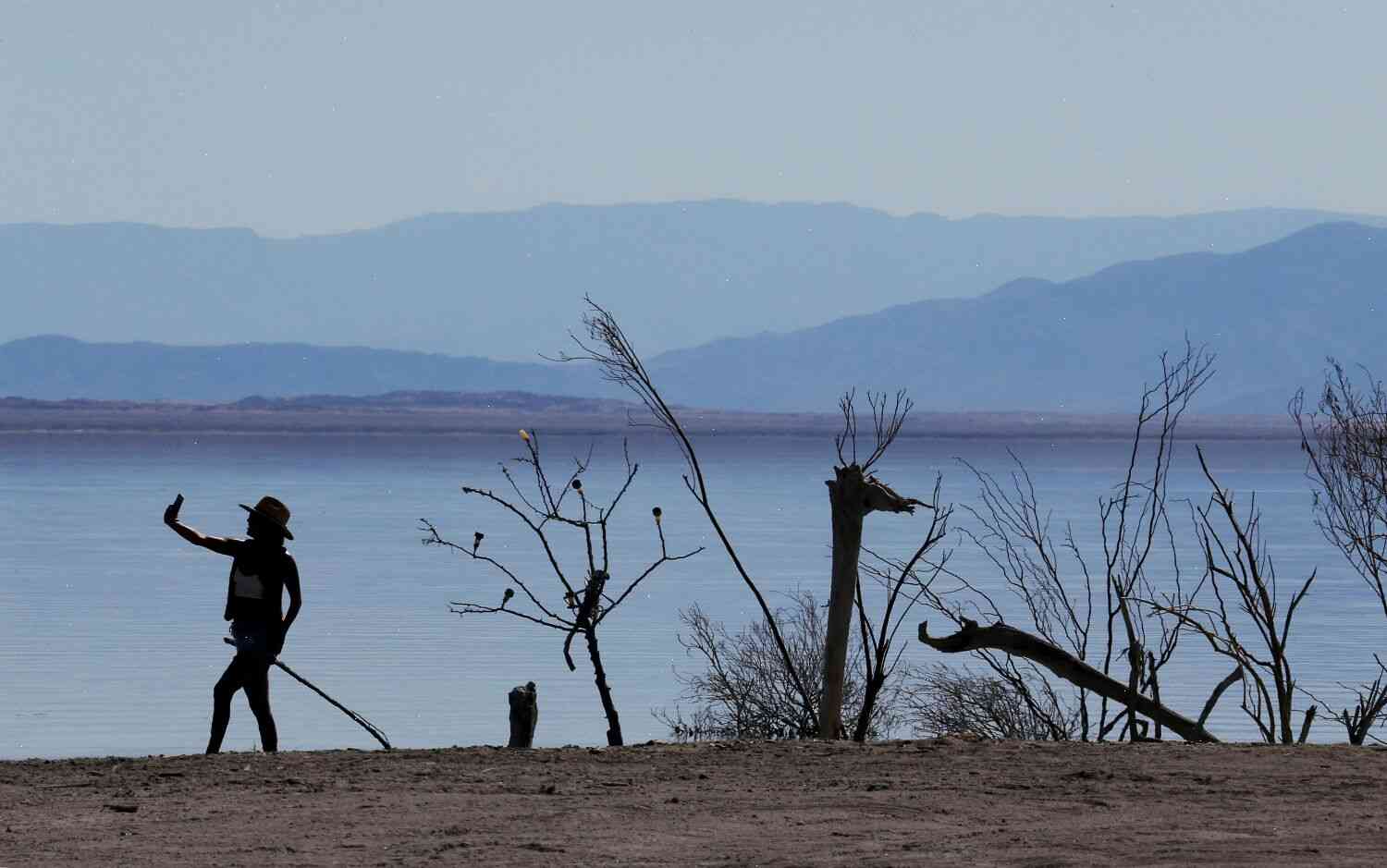Salton Sea cleanup in jeopardy as states battle over Colorado River water rights
What are the rights to water stored in the Colorado River?
The Colorado River has long been recognized as a public resource for use as potable water. It supplies an estimated 80% of the U.S. population with this precious, limited resource.
But as states such as New Mexico and Texas have built on the river’s potential, some also have sought to expand on the rights to the water from where the river flows into the sea.
And, it has come to this – the fight over water and property rights under the Colorado River Compact, which defines the river’s flow in states downstream.
The Compact itself is at risk of being violated, as the states of New Mexico and Texas are at odds with each other over who should control that water. It can only be resolved at the federal level.
This is the second in a series of articles on the Colorado River Compact. Read the first here.
A fight over water and property rights
The Colorado River Compact, in addition to setting water rights between states downstream, also defines how water resources are managed by states upstream.
The water the river is most famous for is stored at “headwaters” – the river’s first and last major water reservoir – which is, among other things, a source of potable water. These reservoir are located in the states of Arizona, Colorado, Nevada and Utah, and have been built at the cost of millions of dollars each to accommodate river use.
In fact, since the construction of the Hoover Dam in the 1930’s, states have been forced to increase their water supply in order to survive. The result is increased water storage capacity in many headwater water reservoirs.
The Compact provides for the sharing of water from where the water enters the sea, at the confluence of the river’s rivers, rather than from where the water enters the river.
Although the Compact does not give specific rights to water stored in headwaters, many states, including the two states at the center

